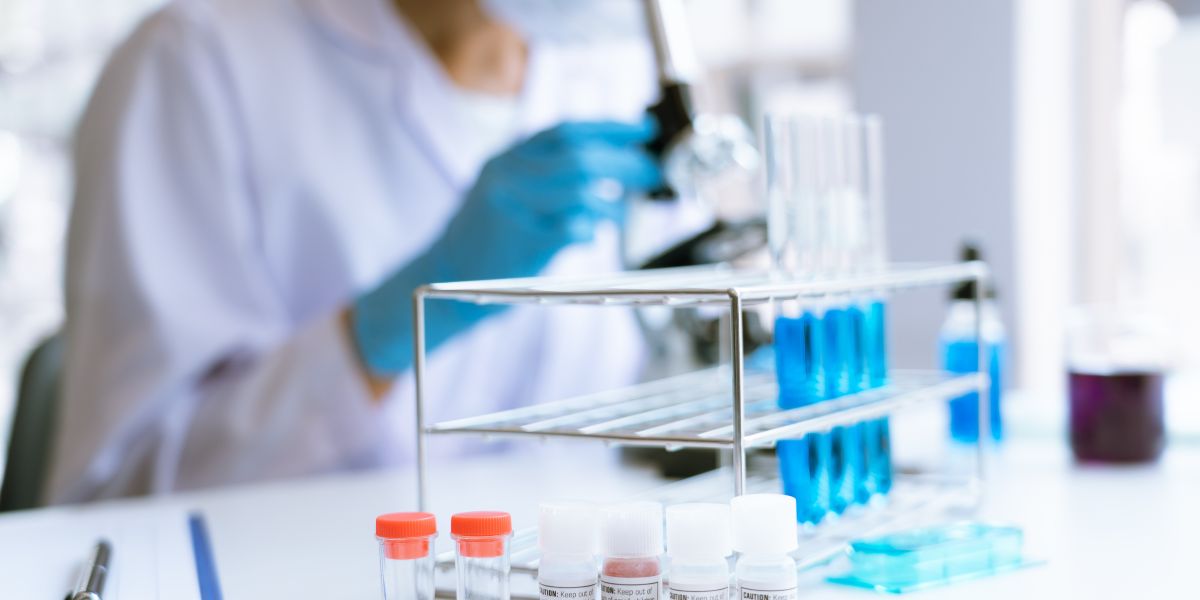
Using incubators in biology labs offers a range of benefits that can significantly impact research outcomes. These devices provide a controlled environment for cell cultures, promoting optimal growth conditions and facilitating precise experimentation. The advantages extend beyond just accelerated cell proliferation; they play a crucial role in ensuring the reliability and consistency of research results. Discover more about how incubators can elevate the quality of scientific investigations and contribute to advancements in the field of biology.
Accelerated Cell Growth
To enhance cell proliferation rates, incubators provide controlled environments that optimize growth conditions for various biological cultures. By regulating factors like temperature, humidity, and CO2 levels, incubators create an ideal setting for cells to thrive and multiply rapidly. This accelerated cell growth is crucial for research purposes, as it allows scientists to study cellular processes, test new drugs, and develop innovative medical treatments more efficiently.
In the controlled environment of an incubator, cells can focus their energy on growth and division, rather than adapting to fluctuating external conditions. This stability promotes faster cell replication and higher cell densities, leading to quicker results in experiments. Additionally, incubators protect cells from contaminants and external threats, ensuring the purity and integrity of the biological cultures.
Precise Experimental Conditions
In order to conduct successful experiments in biology labs, maintaining precise experimental conditions is imperative. Ensuring that variables such as temperature, humidity, and light exposure are controlled within narrow ranges is crucial for obtaining reliable and repeatable results. Incubators play a vital role in creating and sustaining these optimal conditions for various biological experiments.
By using incubators, you can regulate the temperature with a high degree of accuracy, providing a stable environment for cells or organisms to thrive. This precise control is essential for experiments that require specific temperature ranges for optimal growth or biochemical reactions.
Moreover, maintaining consistent humidity levels within an incubator is essential for certain experiments, as fluctuations can affect cell growth and viability. By utilizing an incubator, you can create a controlled environment that ensures the necessary humidity levels are maintained throughout the experiment.
In addition, incubators equipped with programmable light settings enable researchers to simulate natural light cycles, crucial for studies involving photosensitive organisms or biochemical pathways affected by light exposure. This precise regulation of light can significantly impact the outcomes of experiments, making incubators indispensable tools for maintaining precise experimental conditions in biology labs.
Extended Experiment Durations
Maintaining extended experiment durations in biology labs requires careful monitoring and adjustment of environmental conditions within incubators to ensure the success of your research. When conducting long-term experiments, such as cell culture studies or microbial growth assessments, consistent and controlled conditions are essential for obtaining reliable results. Incubators play a crucial role in providing a stable environment by regulating factors like temperature, humidity, and CO2 levels.
To prolong experiment durations effectively, you must regularly check and calibrate your incubators to guarantee accuracy. Any deviations in environmental parameters could impact the outcome of your research, leading to unreliable data. It's advisable to set up automated alerts or monitoring systems to promptly address any fluctuations within the incubator. Additionally, periodic maintenance and cleaning of the incubator are necessary to ensure optimal performance over extended periods.
Enhanced Research Productivity
Maximizing research productivity in biology labs hinges on optimizing incubator conditions for consistent and reliable experimental outcomes. By utilizing incubators effectively, you can create a controlled environment that fosters the growth and development of biological samples, leading to enhanced research productivity. The precise regulation of temperature, humidity, and other variables within the incubator ensures that your experiments are conducted under ideal conditions, minimizing external factors that could compromise the results.
Incubators play a crucial role in maintaining the viability of cell cultures, microbial cultures, and other biological samples, allowing researchers to conduct long-term experiments with confidence. With the ability to simulate specific physiological conditions, such as hypoxia or hyperthermia, incubators enable you to study the effects of these conditions on biological systems accurately.
Moreover, the consistent and stable environment provided by incubators reduces the likelihood of contamination, ensuring the integrity of your research. This reliability allows you to focus on data analysis and interpretation, ultimately increasing the efficiency and output of your research efforts. By investing in quality incubators and optimizing their use, you can significantly enhance the productivity of your biology lab.




